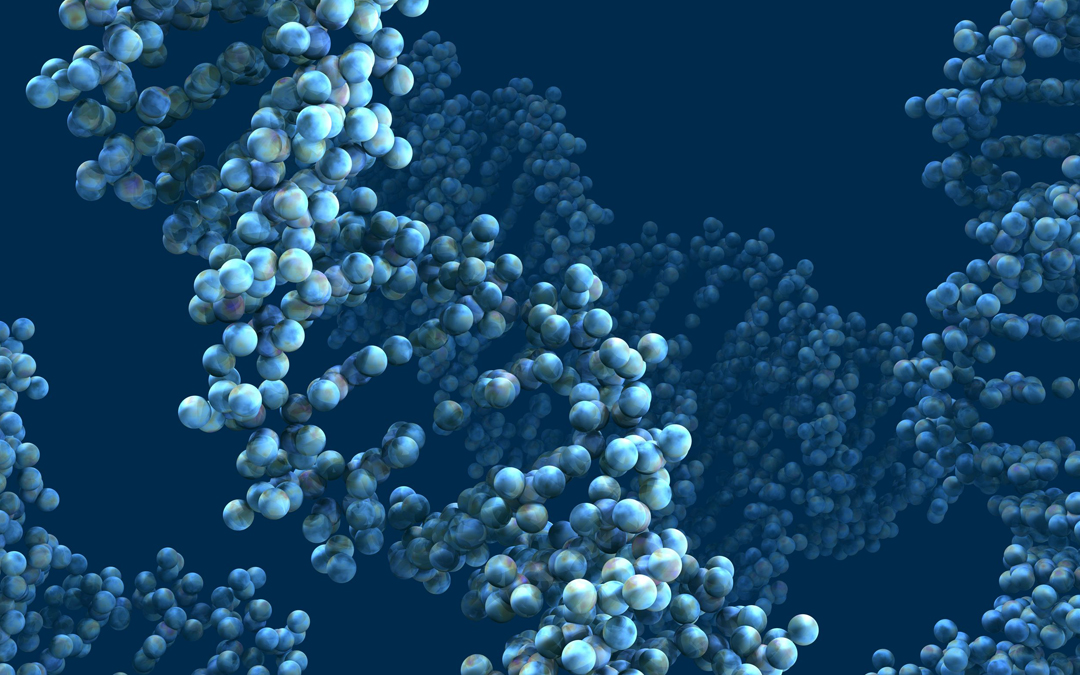Introduction to the ADRB3 Gene
The ADRB3 gene (Beta-3 Adrenergic Receptor) plays a crucial role in energy regulation and fat metabolism. Located on chromosome 8, this gene influences how the body mobilizes fat stores, making it a significant factor in overall health and wellness. Importantly, it regulates the breakdown of fat in adipose tissue, a process vital for maintaining energy balance and metabolic health.
One key variant, the rs4994 SNP (Single Nucleotide Polymorphism), affects how efficiently the body burns fat. Therefore, understanding this gene can help individuals tailor their diet, exercise, and lifestyle choices to their unique genetic profile for optimal health. It is especially relevant for addressing conditions like obesity, insulin resistance, and cardiovascular health. Learn more about SNPs here.
The Role of ADRB3 in Consumer Genetic Testing
Genetic testing services, such as 23andMe and AncestryDNA, often include insights into genes related to health and wellness. The ADRB3 gene is particularly valuable in understanding metabolic health and how individuals respond to diet and exercise. For those considering genetic testing, learning about this gene can provide actionable steps to optimize health outcomes.
When choosing a genetic testing provider, ensure they offer actionable insights on ADRB3 or metabolic health markers. Additionally, check if they provide recommendations for lifestyle changes based on your results. Explore more about genetics and lifestyle interactions.
How the ADRB3 Gene Influences Health
The ADRB3 gene impacts fat metabolism, energy expenditure, and even susceptibility to conditions like obesity, metabolic syndrome, and diabetes. Moreover, the rs4994 polymorphism has two common alleles: C (wild type) and T (variant). Each genotype can influence health outcomes differently. Additionally, the gene interacts with environmental factors such as diet and physical activity, making it a central player in personalized health strategies. Explore the interaction of genes and environment.
Genotypes and Their Impact on Health
- CC Genotype: Associated with efficient fat metabolism. Consequently, these individuals may have a lower risk of obesity and metabolic issues and may benefit from a balanced diet with healthy fats. They often respond well to moderate, consistent physical activity. Read about fat metabolism efficiency.
- CT Genotype: Intermediate fat-burning efficiency. These individuals may need to balance their diet and activity levels carefully to maintain optimal health. Tailored strategies for maintaining energy balance are particularly effective for this group.
- TT Genotype: Linked to reduced fat metabolism efficiency. As a result, these individuals may be more prone to weight gain and metabolic disorders, requiring targeted strategies for weight management and wellness. Increasing physical activity intensity and focusing on lean protein intake can help offset metabolic challenges. Learn more about metabolic challenges and solutions.
Understanding these genotypes helps individuals make informed decisions about their health and wellness strategies. Furthermore, these insights empower health professionals to provide precise recommendations tailored to individual needs.
How to Interpret ADRB3 Genetic Testing Results
For individuals who have completed genetic testing, interpreting ADRB3 results is essential to taking actionable steps. Consider the following:
- Understand your genotype (CC, CT, or TT) and how it impacts fat metabolism and energy expenditure.
- Consult with a genetic counselor or health professional for personalized advice.
- Focus on integrating recommended diet and exercise changes gradually to ensure sustainable results.
Many genetic testing providers include resources to help you act on your results. Explore these tools to maximize the value of your testing investment.
Practical Tips for Consumers
For those new to genetic testing, here are some steps to get started:
- Choose a reputable provider: Look for companies with strong reviews and transparent reporting of genetic markers like ADRB3.
- Understand privacy policies: Ensure your data will be securely stored and not shared without consent.
- Plan for follow-up: Use your results as a starting point for improving health, consulting professionals as needed.
Conclusion
The ADRB3 gene offers valuable insights into metabolic health and fat metabolism, making it a powerful tool for optimizing wellness. Genetic testing services now make this information accessible to consumers, allowing for tailored approaches to diet, exercise, and lifestyle. By understanding and acting on your genetic profile, you can take control of your health journey and make informed decisions for long-term well-being. Now that you know a little more about how the ADRB3 gene influences health, consider taking a deeper dive into this fascinating gene by consulting some of the authoritative resources listed in the references below.
References
- Feng, Y., Zhang, Y., Li, J., & Xu, D. (2023). Genetic influence of ADRB3 polymorphisms on energy expenditure and exercise performance. Journal of Sports Science, 41(4), 567-578.
- Kim, H. S., & Lee, J. H. (2024). Impact of Beta-3 adrenergic receptor gene variants on metabolic health. Genetic Health Review, 12(1), 45-56.
- Martinez, S., & Nguyen, T. (2023). Genetic determinants of obesity and metabolic health. Human Genetics and Wellness, 29(3), 320-334.
- Smith, K. A., & Roberts, M. (2024). Role of adrenergic receptors in metabolism and obesity. Health Science Journal, 48(2), 215-230.
- Yamada, T., & Tanaka, M. (2023). Fat metabolism and genetic factors in health. International Journal of Health Science, 15(5), 611-623.

